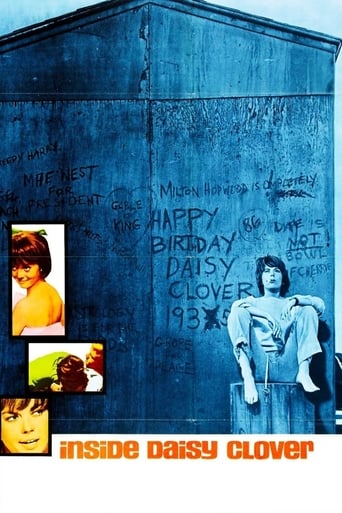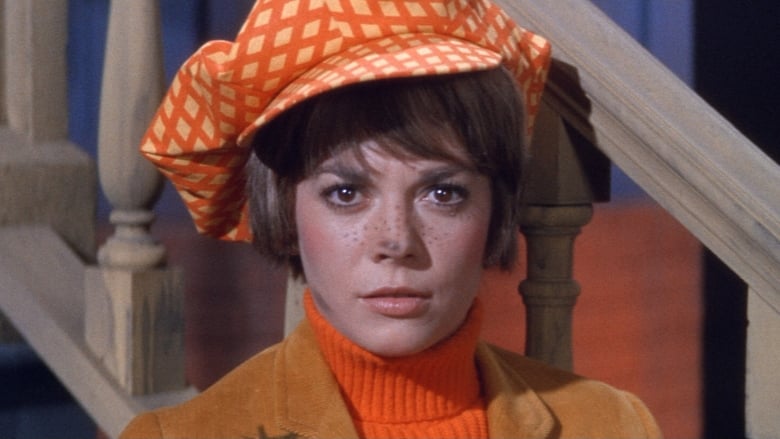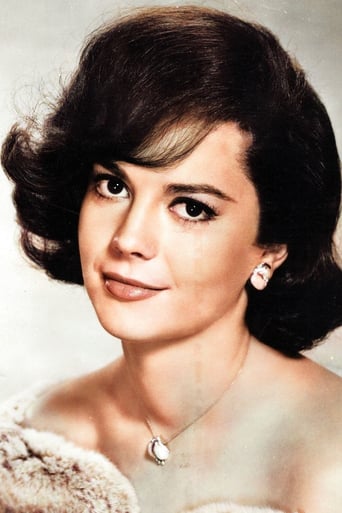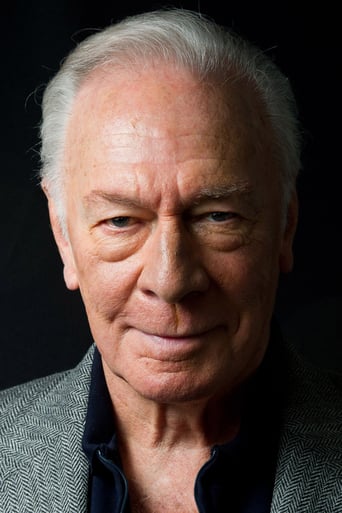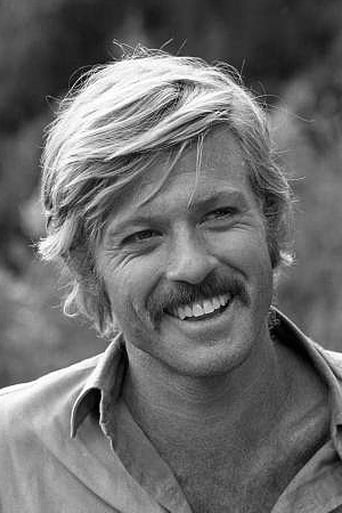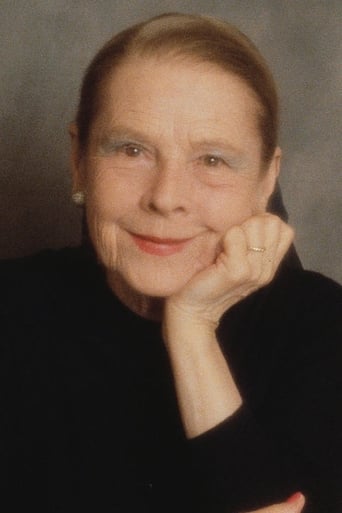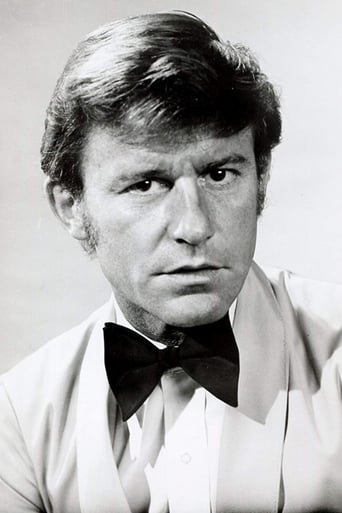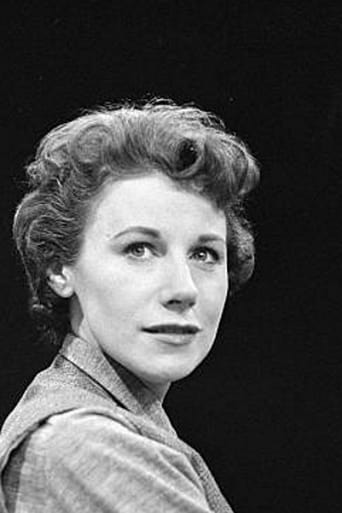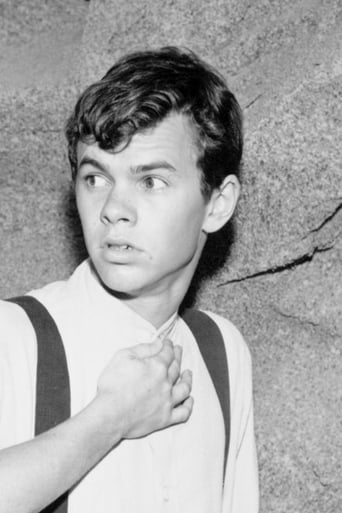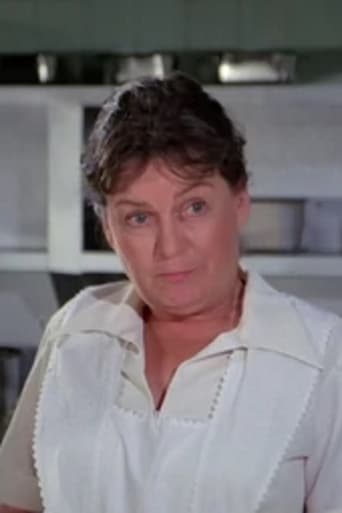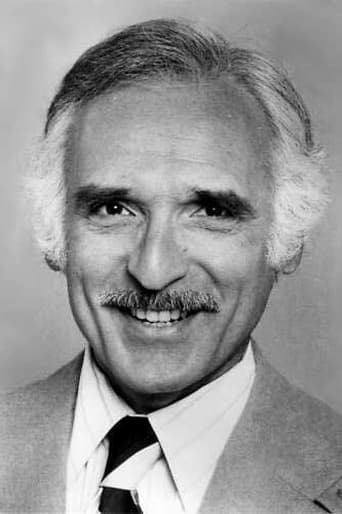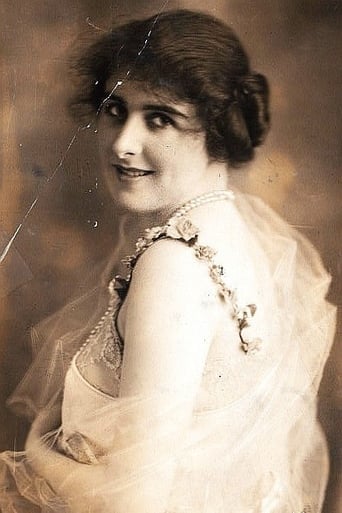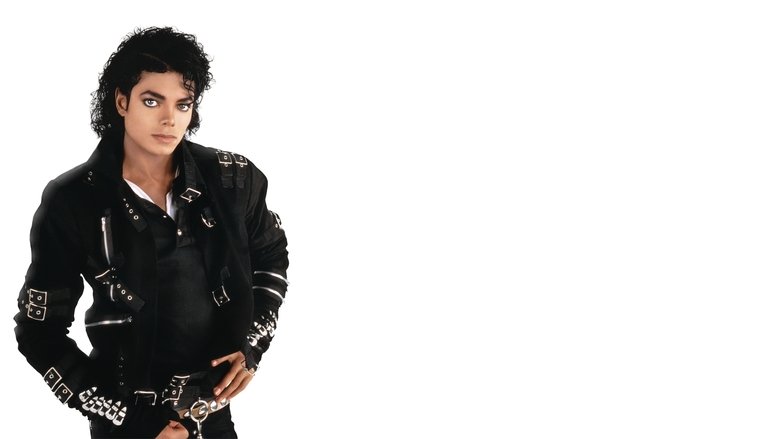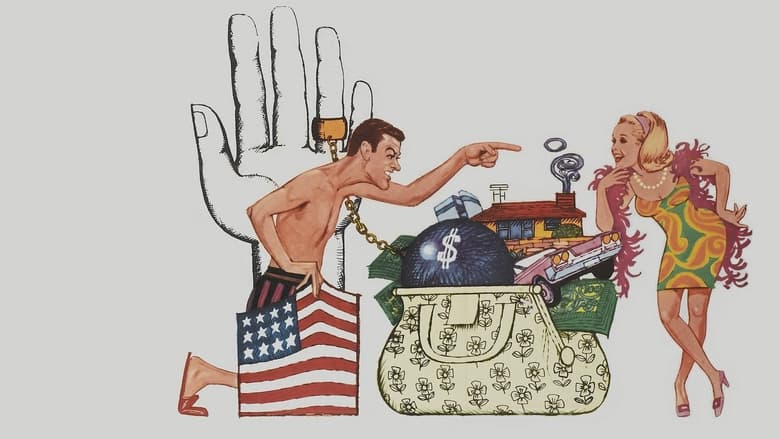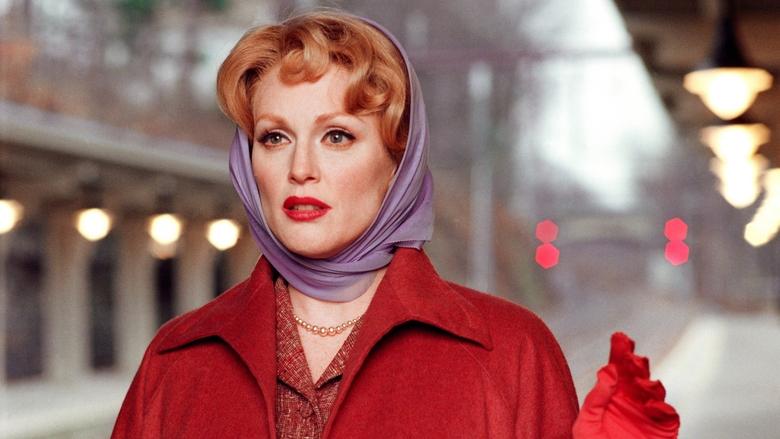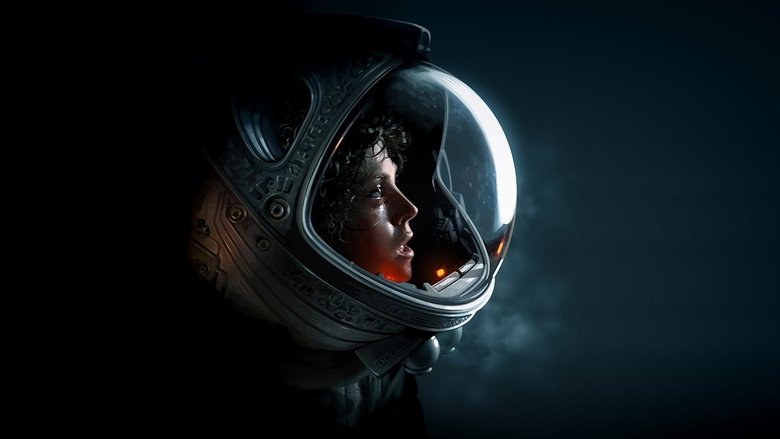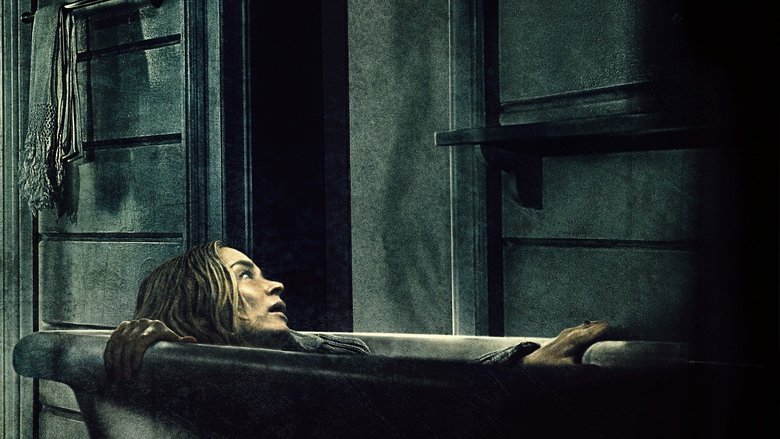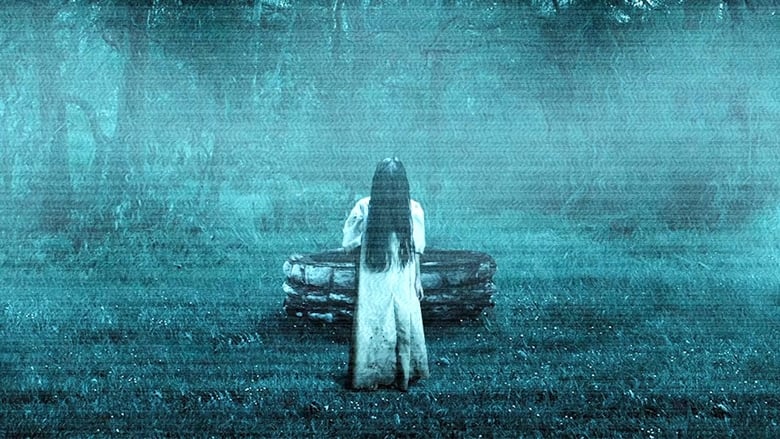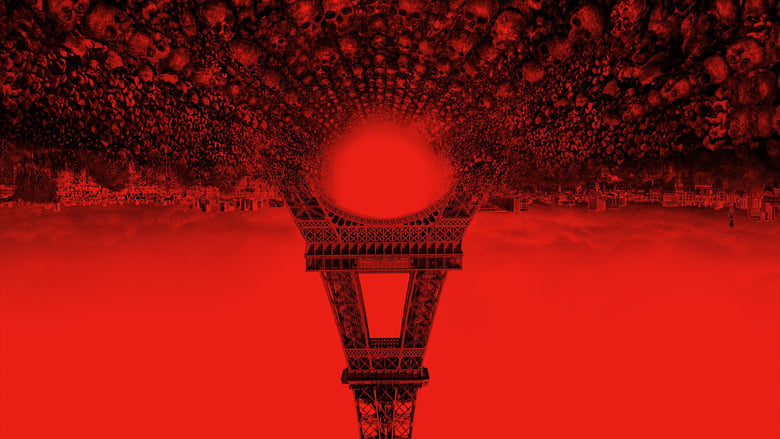A girl on the road to stardom fights the dehumanizing effects of Hollywood life.


Similar titles
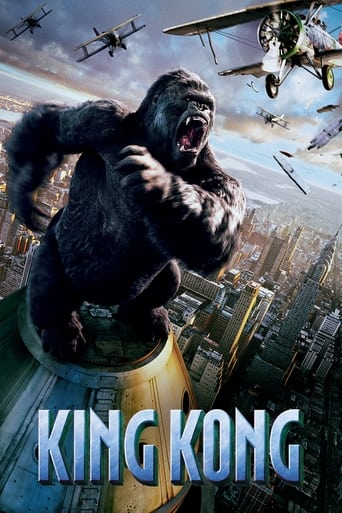
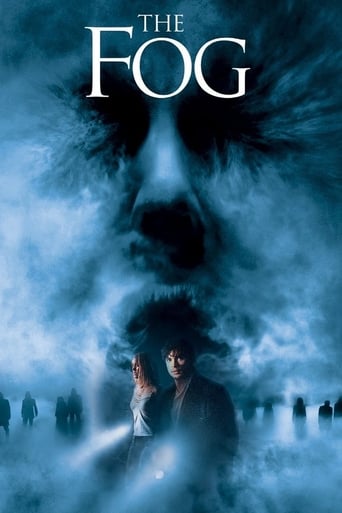
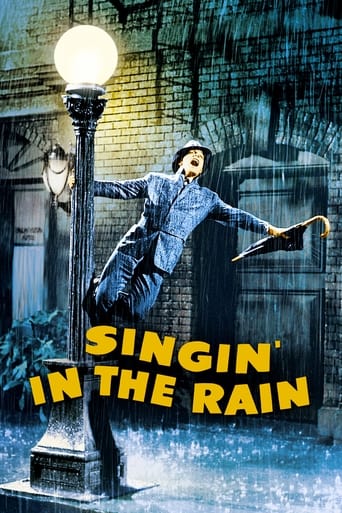
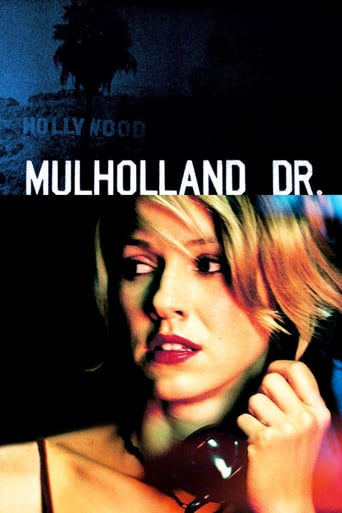
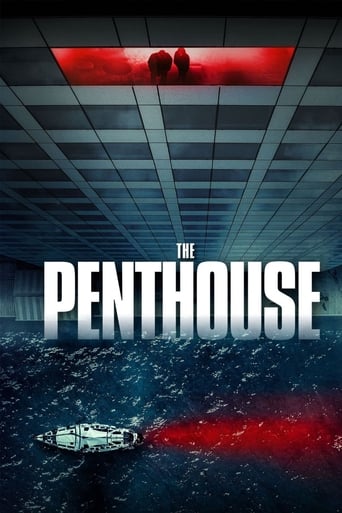
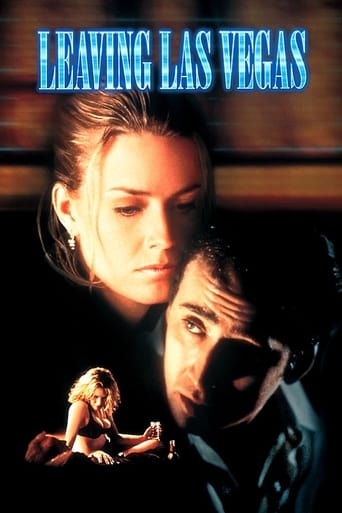
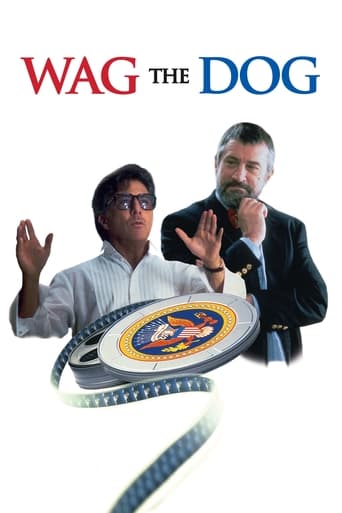

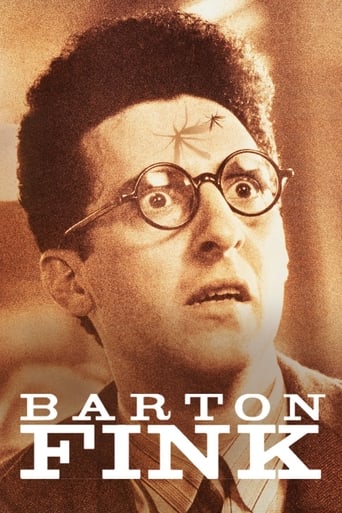
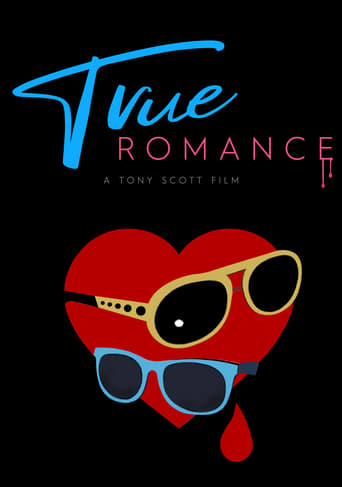
Reviews
Inside Daisy Clover, although it starts off a little dazed, is a solid story of the harsh, sometimes rotten world of Hollywood. Daisy Clover is a street urchin with a golden voice and gets unbelievably lucky when she is signed to be a star. She navigates the realm of celebrity with the naivety of any uneducated fifteen year old but grows in wisdom and strength as the industry and the people who work within it take advantage of her inexperience and vulnerability. Natalie Wood shows a more serious side of her talent as she expertly and believably suffers through the world that every kid dreams of. Her pathos and subtly pull you into the plight of her character without it feeling overbearing or melodramatic. Almost without a cohesive storyline--the movie plays out more like a year in the life--but with a plethora of misdeeds that happen to our young heroine, I promise that you will be glued to your seat, hoping that she will not be swallowed up by the greed and manipulation that stardom breeds. 7/10
Based on the 1963 novel of the same name by Gavin Lambert who adapted it for the screen, this is a brilliantly made damning indictment of the inherent insincerity of Hollywood. The film takes place in the Golden Age from 1936 to 1938 at the height of the studio system but many of its criticisms of Tinseltown were readily applicable to the 1960s and some even apply to 2016. It has a first rate script which does not pull any punches and the direction of Robert Mulligan, whose forte was sensitive period dramas, is wonderful. The film stars Natalie Wood in an utterly fantastic performance as Daisy Clover, a 15-year-old tomboy and livewire who lives in a dilapidated trailer on Angel Beach in California with her highly eccentric mother. Like many teenage girls in the 1930s, she dreams of making it big in Hollywood. When she sends a recording of her voice to the highly prestigious Swan Studios, her dreams come true and she is signed by the movie mogul Raymond Swan. However, she soon learns that fame is not all that it is cracked up to be as Swan and his wife Melora manipulate her at every turn in order to protect her burgeoning career and reputation. Most notably, they have her mother Lucile, otherwise known as the Dealer and played in a great performance by Ruth Gordon, committed to a mental institution after she nearly burns down her trailer and put out the cover story that she is dead. The Dealer may not exactly be June Cleaver but Daisy adores her mother and she is rightly extremely angry and upset when Swan tells her that she cannot see her anymore, though he eventually relents. Her death is the catalyst for Daisy's nervous breakdown later in the film but there were certainly other contributory factors. There are traces of many Hollywood starlets in Daisy. Her nickname of "America's Little Valentine" is reminiscent of Mary Pickford's "America's Sweetheart." In that she is much used and abused particularly by men, however, the similarities to the recently deceased Marilyn Monroe are the most pronounced. At 27, Wood was too old to play a 15-year-old but the strength of her performance is so strong that I forgot about the large age gap between actress and character after the first ten minutes. Of course, she first found success as a child star in the 1940s but I hope that her rise to stardom was less painful than Daisy's. She should have received a Best Actress nomination for the role.Although he is a little over the top in a few instances, Robert Redford, in one of his first major roles, is nevertheless very good as Daisy's fellow Swan Studios star Wade Lewis. A swashbuckling action hero in the mould of Douglas Fairbanks and Errol Flynn, he is the apple of every teenage girl's eye and women wish that their husbands were exactly like him. Wade is such an interesting character as he really represents the stark difference between reality and Hollywood-style illusion. He wines and dines Daisy and uses the considerable charm at his disposal to get her to marry him. However, only after he leaves her in a dirty little Arizona motel does she learn the truth: he's gay and their marriage was one of convenience to hide that fact. This was likely inspired by Rock Hudson's marriage to Phyllis Gates in 1955, not least because Gates did not know that he was gay when they got married. Although it was unknown to the general public in the 1960s, his homosexuality was an open secret in Hollywood. There is some suggestion in the film that Wade may be bisexual but I do not believe that this is the case. He is an actor and he was merely playing the role that other people would have him play when he pretended to be attracted to Daisy. I get the feeling that we never get to see the real Wade as his sexuality means that he can never let his guard down as his career would be finished overnight. Unsurprisingly for the time, none of the words that I have used were used in the film but it is notable for depicting a gay man who was comfortable with his sexuality. He hides it for professional rather than personal reasons. When he first meets Daisy, he tells her that his real name is actually Lewis Wade as opposed to Wade Lewis and that is the only thing that the studio changed about him, which can be seen in retrospect as a defiant reference to his sexuality. In spite of his callous behaviour, I certainly do not think that Wade is a bad man but merely one is extremely self-centred.Although Redford has the most interesting role of any man in the film, the male lead is the great Christopher Plummer in an excellent performance as Raymond Swan. He presents himself as a warm, caring man to the outside world but this is merely a veneer. Swan is a ruthless Hollywood mogul who cares nothing for Daisy as a person, only as a money maker for his studio. He is verbally and physically abusive to her after she has her breakdown as his continued convalescence is costing him a great deal of money since she still has to finish her last film. He then tells her that he does not care what happens to her so long as she fulfills the terms of her contract. The only other actors to particularly stand out are Katharine Bard as Melora, who seems to be a very collected woman for most of the film until we find out that she attempted suicide when she found out that Wade was gay, and Roddy McDowall as Swan's assistant Walter Baines.Overall, this is an excellent film which very effectively excoriates the falsity and artificiality of the Dream Factory.
From the director, Robert Mulligan, who brought us TO KILL A MOCKINGBIRD (1962, 9/10), INSIDE DAISY CLOVER is also a labour of love of its star Natalie Wood when she is at the top of her game. It is Wood's version of A STAR IS BORN, at the age of 27, the baby-face Wood plays our titular 15-year-old tomboy heroine, who is discovered by the producer Raymond Swan (Plummer) of the Swan studio as a red-hot "America's valentine" for her singing gift and darling appeal in the mid-1930s. Nevertheless Daisy's spitfire nature is like a round peg in a square hole of the stardom and all its trappings - studio contracts, star- making procedure and hiding her personal background (she claims to be an orphan while in fact her lunatic mother is in a mental institution).Her uninhibited rebelliousness gets a vent with a kindred spirit, another young actor of Swan studio, the heartthrob Wade Lewis (Redford), together they share romantic moments and take on feckless escapades, to challenge Raymond's patience. Daisy deems that she has found the love of her life, but their hasty marriage lasts only one day, the revelation of Wade's hidden peculiarity devastates her, this is Redford's breakthrough role, and the bisexuality depicted here, although gay activity has never been shown on screen, is quite a bravado here, which also manifests novelist Gavin Lambert's trenchant resolution to debunk the dark corners of the rapacious Tinseltown, on top of its showy Since then, aggravated by her mother's death - Gordon, who plays the cuckoo Ms. Clover, a woman jilted by her man and spends all day playing cards by herself, was honoured with an Oscar nomination, her first in acting category, and soon she would win one for ROSEMARY'S BABY (1968, 7/10) and as a distinguished writer, she had already gathered 3 Oscar nominations before - Daisy succumbs to an emotional breakdown which halts the production and is retreated to a beach house for recuperation, soon her refusal to back on track triggers Raymond to send off his ultimatum which callously reveals how cruel and impersonal showbiz is, out of despair, Daisy decides to commit suicide, however, this part could be the funniest scene in this dragging cautionary tale, her attempt is absurdly interrupted so that eventually she abolishes the idea, instead, declares a war against the disappointing world in the finale. One dominant feature of this poor-received picture is André Previn's pervasive string score, looms large against the film's middling pace, sometimes even becomes at odds with the scenario as if we are watching a taut thriller, very bizarre indeed. Another contention is Wood's acting, although her singing voice is dubbed and all the musical numbers are below-par to be a supposed smash by today's view, she impresses in the beginning with her teenager spontaneity, but when she is inducted to the Hollywoodland, her lines are massively curtailed, most of the time she is merely an observer, and the story preferably relies on her emotional presentation and body movements, but Wood is not a show-stopper in expressiveness, thus albeit her biggest Oscar-inviting showpiece, aka, the crack-up in the studio, is brilliant and heartrending, it is quite understandably why Academy snubbed her that year.Plummer, on the contrary, is well cast as a ruthless magnate reeks of disdain and Katharine Bard, who plays Melora Swan, actually is more awards-worthy than Gordon in my book, her headache to heartache implosion probably is the best part of the film, so is Roddy McDowall, underused as Raymond's assistant, a great scene-stealer with his despised look and utterance as the messenger between Raymond and Daisy. After all, this picture is an above-standard Hollywood industry accuser, rather bold at its time and needs a fair reappraisal from its contemporary audience.
I happened to channel surf onto the very beginning of this on TCM and was so intrigued I stuck with it. First of all it was filmed in Panavision, so the color quality and the aspect ratio were stunning. Today's movies just don't look this good. And the cast - how can you go wrong with Natalie Wood, Ruth Gordon, Christopher Plummer, Robert Redford and Roddy MacDowell? The movie is a tad long and could have benefited from some editing and does seem to stall in a couple of places, but on the whole it's a well-done portrayal of the how the Hollywood studio system can chew up a young person. I can't figure out why this flick doesn't get more air time but it's good entertainment.
